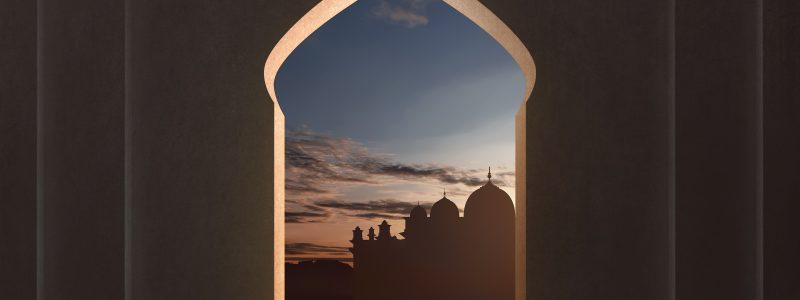“Baraka”; is when you get something more than expected from something or someone.
Imam Sha’rawi
Baraka originates from Allah Almighty. This Baraka is capable of being transmitted to human beings, especially the Prophets (peace be upon them), and through them to the holy persons and objects.
Generally speaking, the Islamic Prophets (peace be upon them), and the Ambiya-e-Mursaleen Muhammed Mustafa (ﷺ), and through them, the Sahaba, the Tabiieen, Taba-Tabiieen, the Awliya-Allah, and holy persons are credited with Baraka. Great Sufi Shaykhs or Awliya possess a Baraka which is transmitted to others and which may remain associated with their tombs or shrines. A Muslim can also ask Allah Almighty through relics that belonged to pious people, and may even use amulets with verses from the Qur’an on them as a means of asking Allah Almighty for protection from evil. It is not the means that provides protection, but Allah, The Almighty. To seek Tabarruk is permissible (mubah) according to all Muslims. None denies it – except those who deviate from the Sunnah and who harbor the disease of ignorance and suspicion in their heart.
In the various ayahs of the Holy Qur’an itself, we read about blessings and blessedness. For example, in verses 6:92, 6:155, and 7:94, the Holy Qur’an itself is called a Blessed Scripture.
In verse 3:96 of the Holy Qur’an, the Ka’ba Shareef is called blessed: ” Indeed the first house that was appointed as a place of worship for mankind, is the one at Makkah (the Holy Ka’aba), blessed and a guidance to the whole world;” (Holy Quran, 3:96).
The Olive Tree is called blessed in the Holy Qur’an in 24:35. “the glass is as if it were a star shining like a pearl, kindled by the blessed olive tree, neither of the East nor of the west” (Narrated by Imaam Muslim, 2473).

